Concept fans smart homes they have a good reason to be happy. After a long wait, the highly anticipated Matter standard has been officially released! This great news was announced yesterday by the Connectivity Standards Alliance announcing the arrival of the first version of Matter 1.0. As for Apple, it will add its support already in the upcoming update of its operating system iOS 16.1. The whole concept of a smart home takes several steps forward with this new product, with the goal of significantly simplifying the selection and preparation of a home as such.
It could be interest you

Behind the new standard are several technological leaders who joined together in the course of development and came up with the universal and multi-platform solution Matter, which should clearly define the future of the Smart Home segment. Of course, Apple also had a hand in the work. In this article, we will therefore shed light on what the standard actually represents, what its role is, and we will explain why Apple was involved in the entire project.
Matter: The future of the smart home
The concept of a smart home has undergone considerable development in recent years. It is no longer just smart lights that can be automated or controlled via a phone, or vice versa. It is a complex system that enables the management of the entire household, from lighting to heating to overall security. In short, today's options are miles away and it is up to each user how they design their home. Even so, the whole thing has one rather fundamental problem consisting of compatibility. You must first clearly understand what "system" you want to build on and choose specific products accordingly. Apple users are understandably limited to Apple HomeKit, and therefore can only go for products that are compatible with the Apple smart home.
It is this ailment that the Matter standard promises to solve. It should significantly exceed the limitations of individual platforms and, on the contrary, connect them. That is why the absolute technological leaders participated in the preparation of the standard. In total, there are more than 280 companies, and the most important ones include Apple, Amazon and Google. So the future sounds clear – users will no longer have to choose according to the platform and thus constantly adapt in general. On the contrary, it will be enough to reach for a product compatible with the Matter standard and you are a winner, regardless of whether you are building a smart home on Apple HomeKit, Amazon Alexa or Google Assistant.
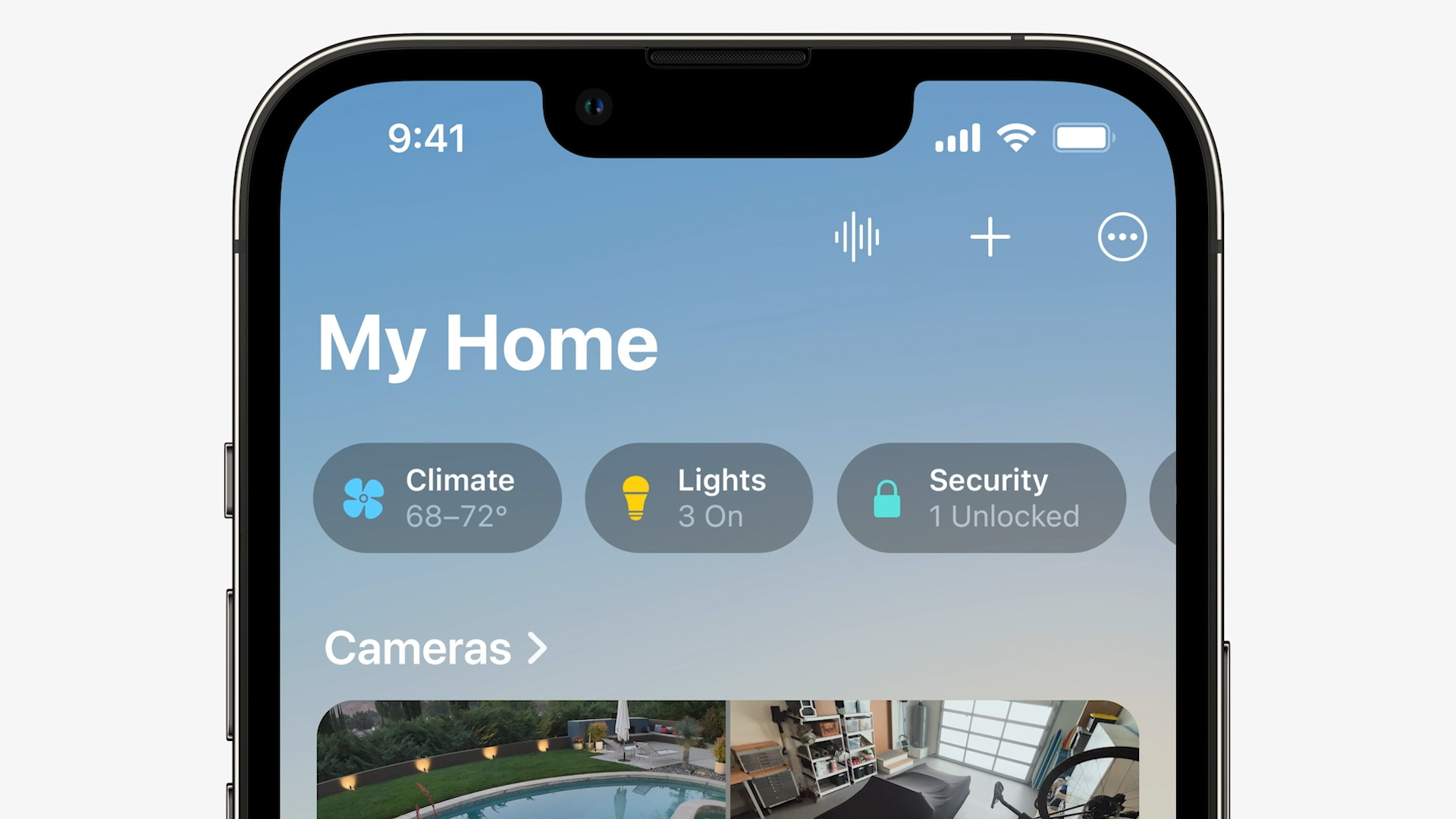
We must also not forget to mention that Matter works as a comprehensive standard based on the most modern technologies. As stated directly by the Connectivity Standards Alliance in its statement, Matter combines Wi-Fi wireless capabilities for easy control across the network, even from the cloud, and Thread ensuring energy efficiency. From the start, Matter will support the most important categories under the smart home, where we can include lighting, heating/air conditioning control, blind control, security features and sensors, door locks, TVs, controllers, bridges and many others.
Apple and Matter
As we mentioned in the beginning, official support for the Matter standard will arrive together with the iOS 16.1 operating system. The implementation of this technology is extremely important for Apple, especially from the point of view of compatibility. Most products that fall under the concept of a smart home have support for Amazon Alexa and Google Assistant, but Apple HomeKit is forgotten from time to time, which can significantly limit Apple users. However, Matter provides a great solution to this problem. It is therefore not surprising that the standard is called one of the most important changes in the Smart Home segment, which could significantly boost the overall popularity.
It could be interest you
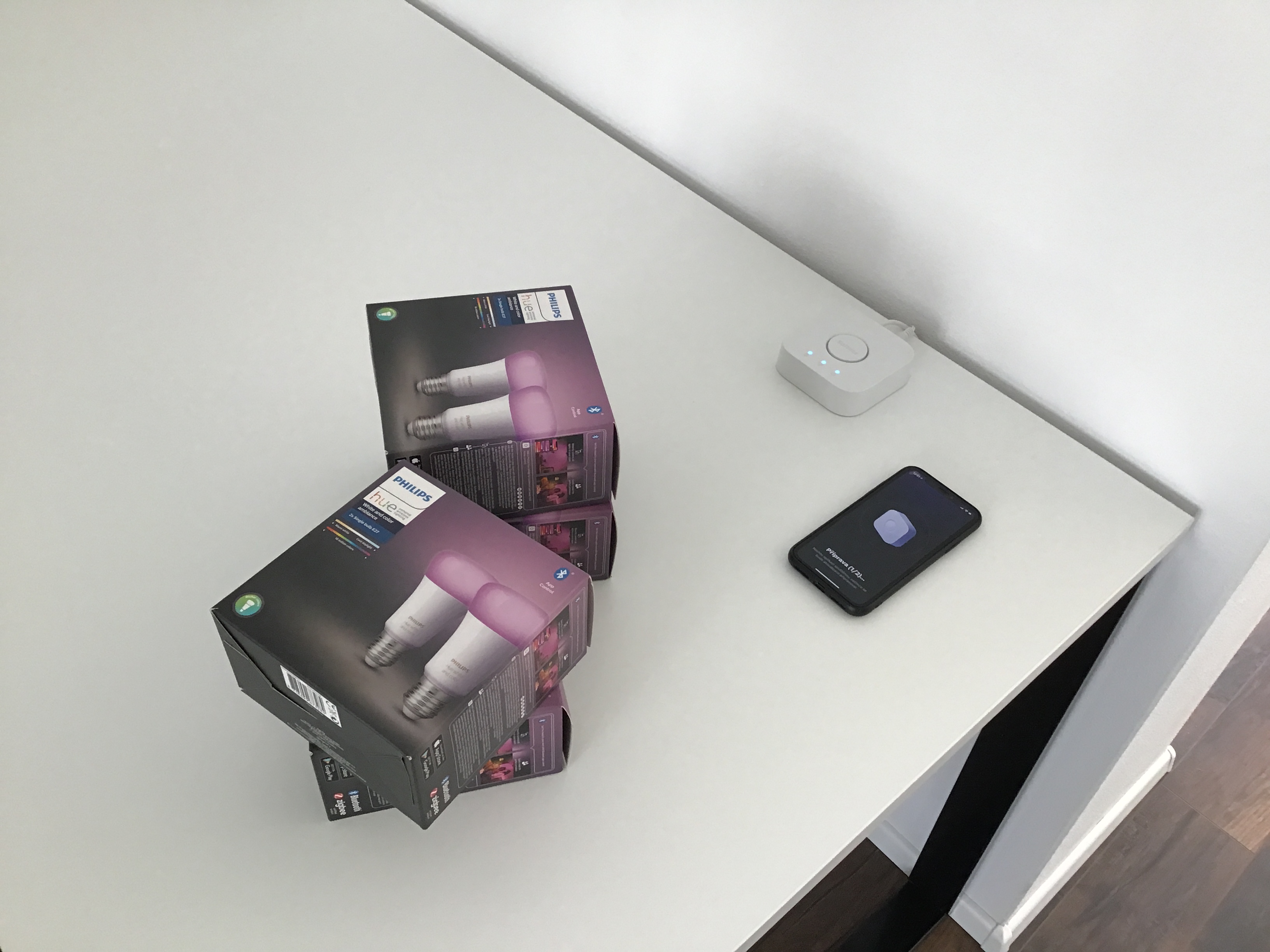
In the final, however, it will depend on individual manufacturers and their implementation of the Matter standard in their products. However, as we have already stated, over 280 companies participated in its arrival, including the biggest players on the market, according to which it can be expected that there is not likely to be a problem with support or overall implementation.
 Adam Kos
Adam Kos 
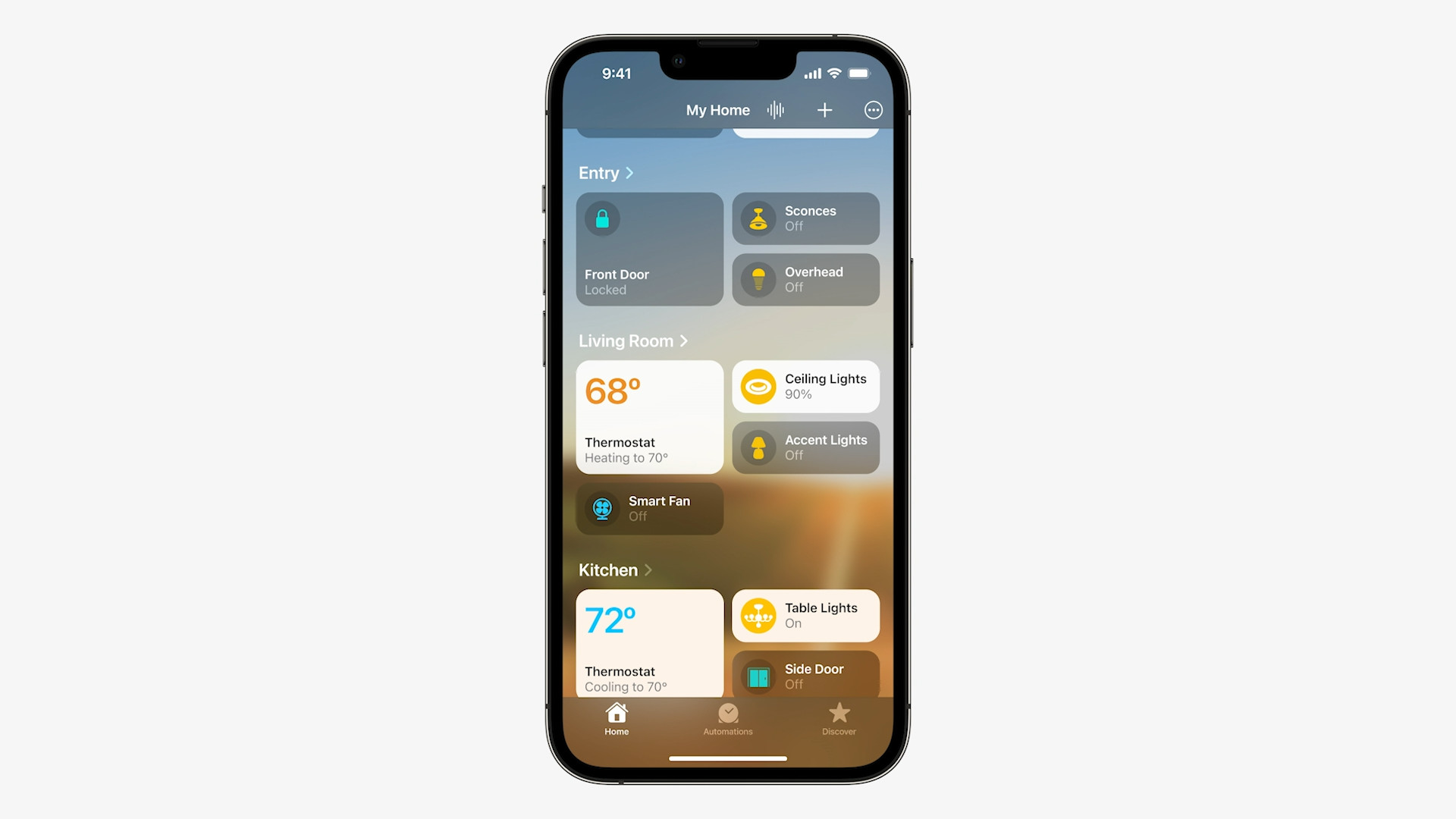
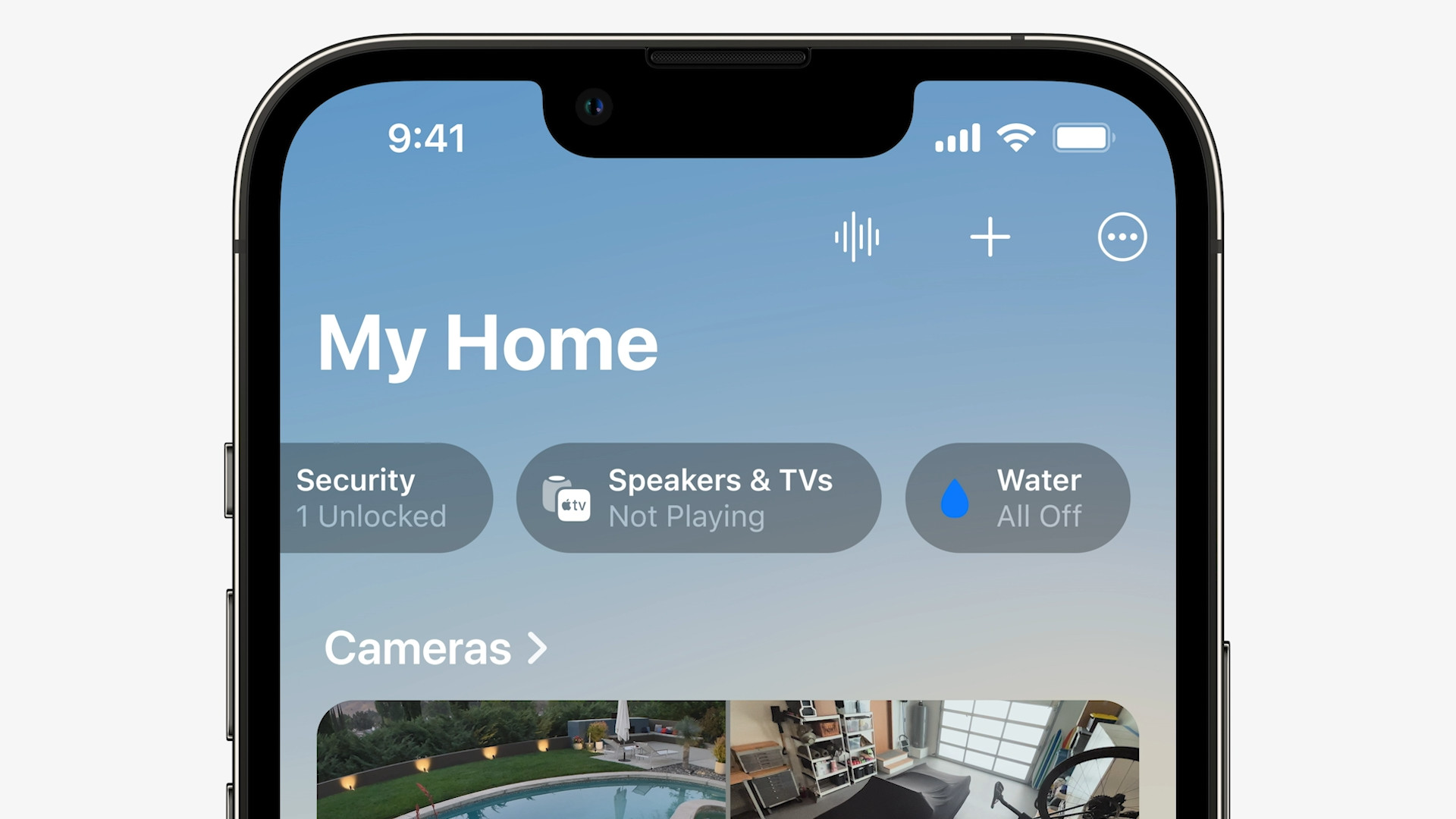
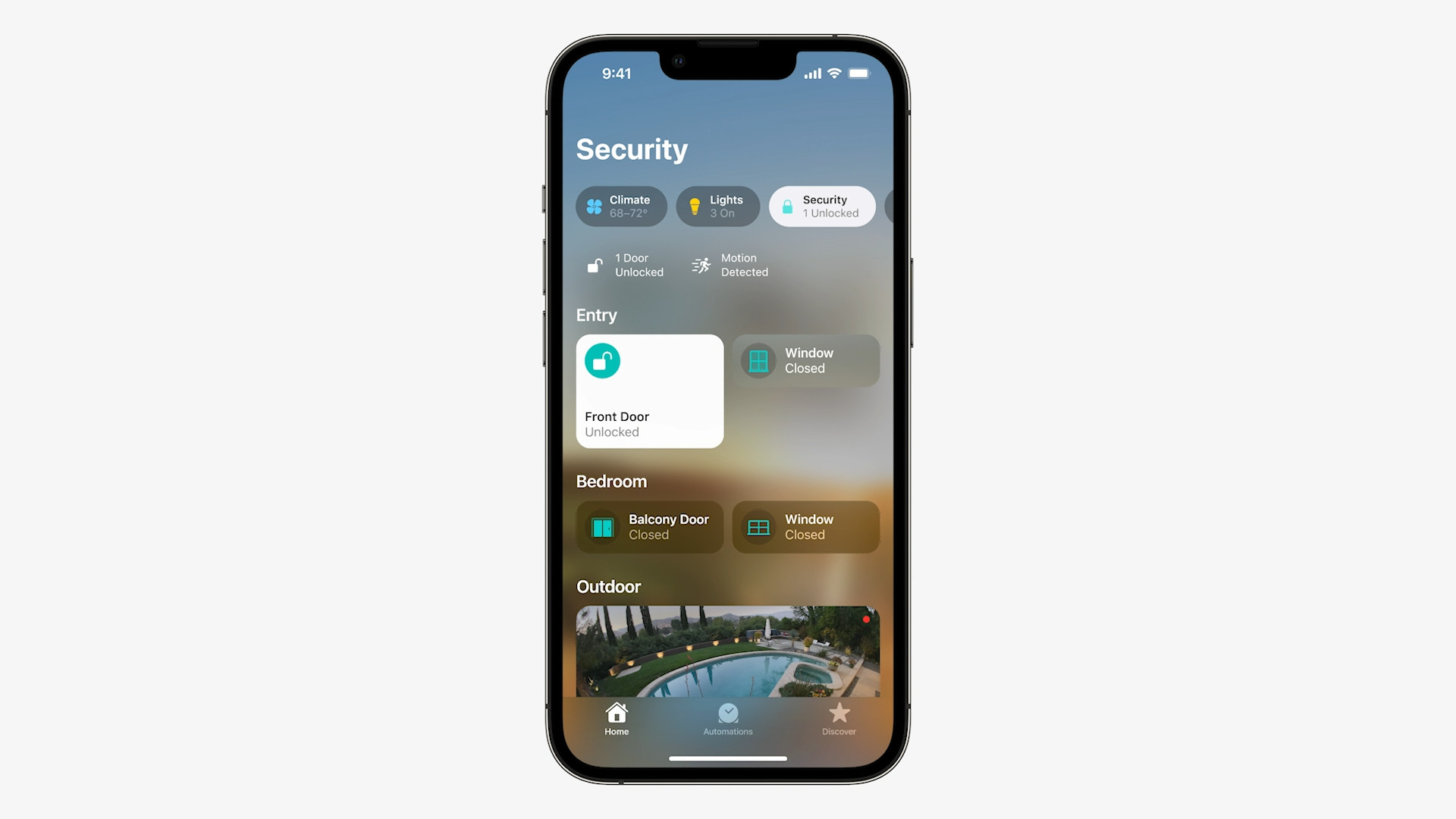

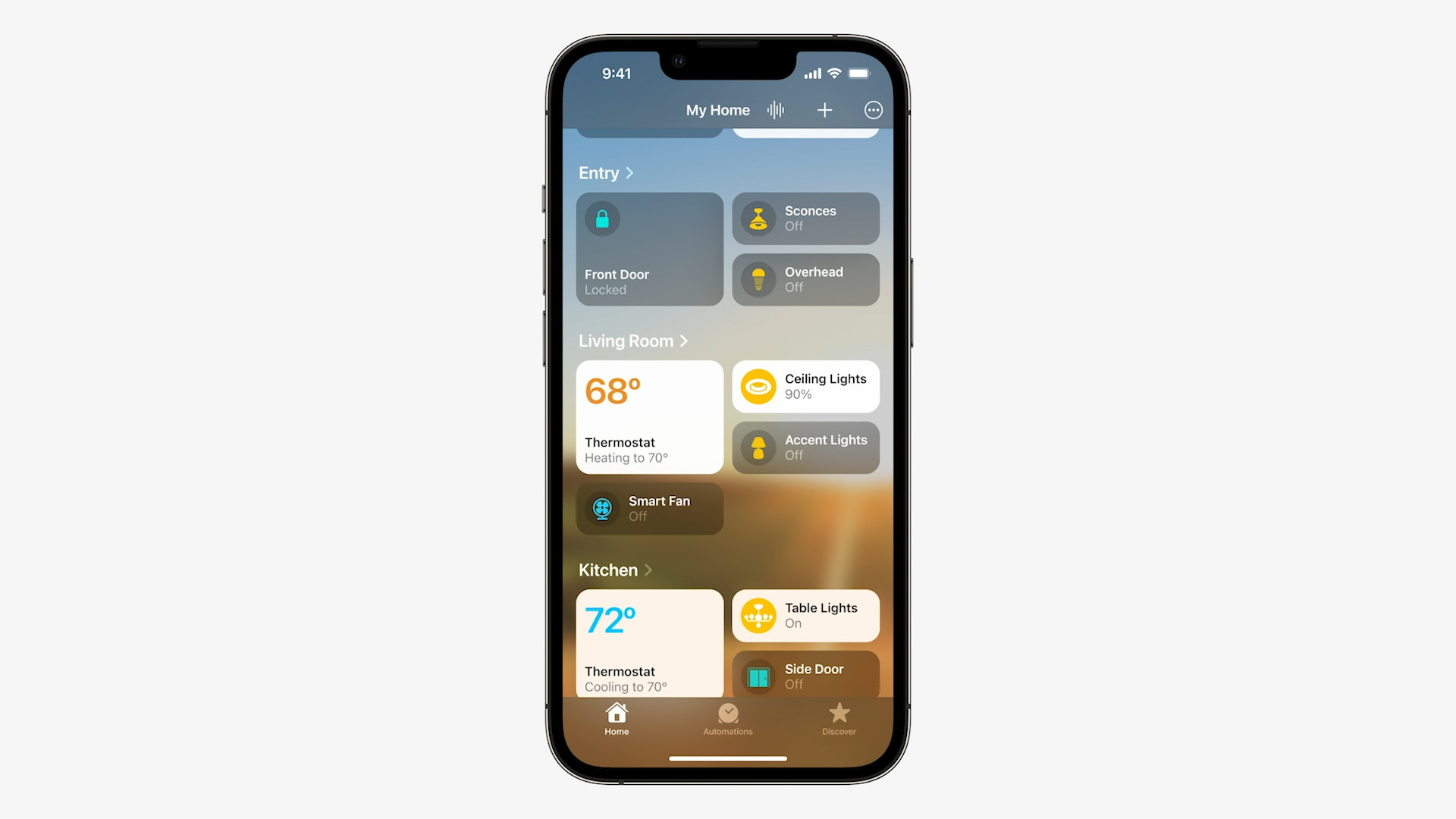
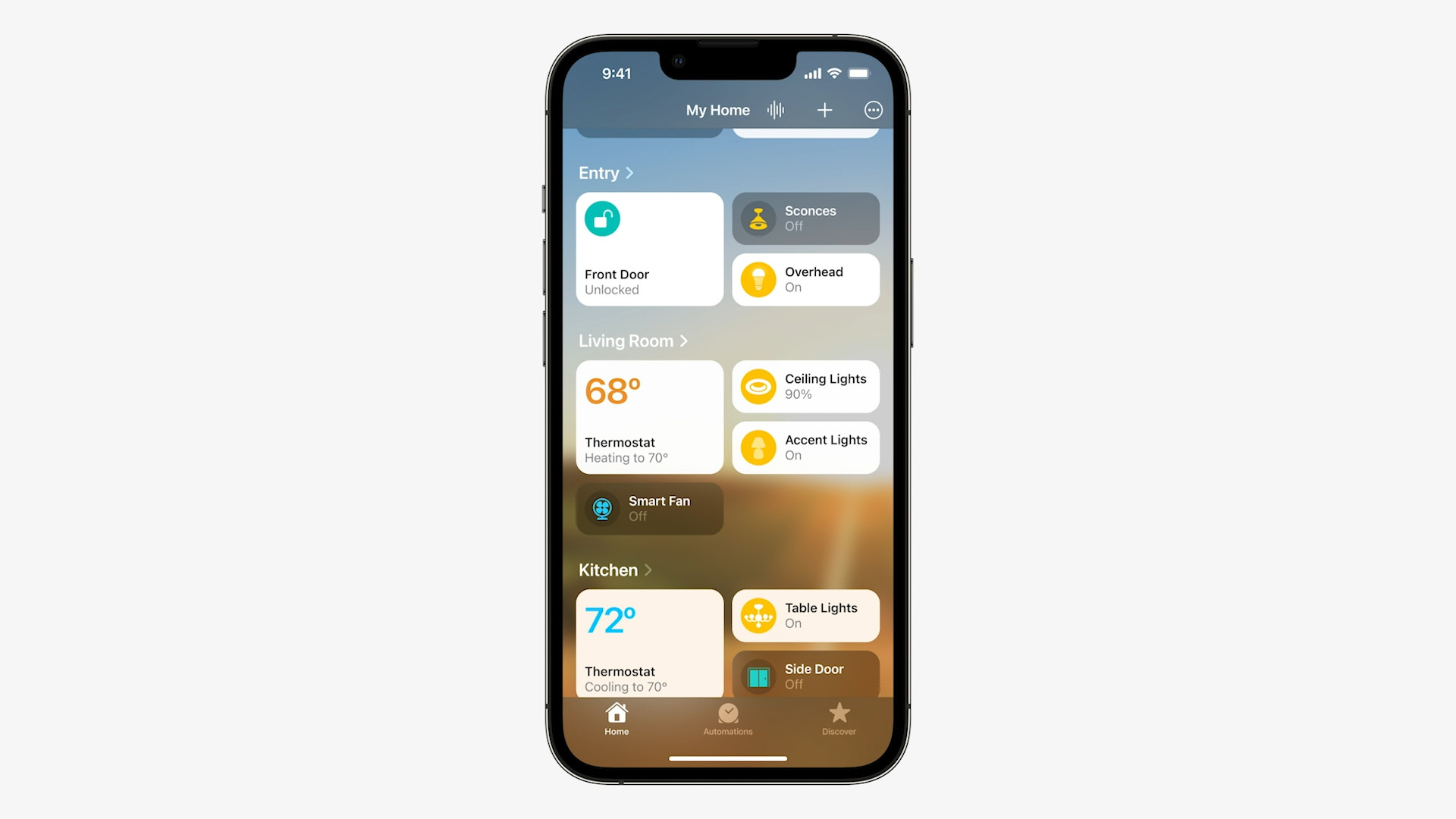

 Flying around the world with Apple
Flying around the world with Apple